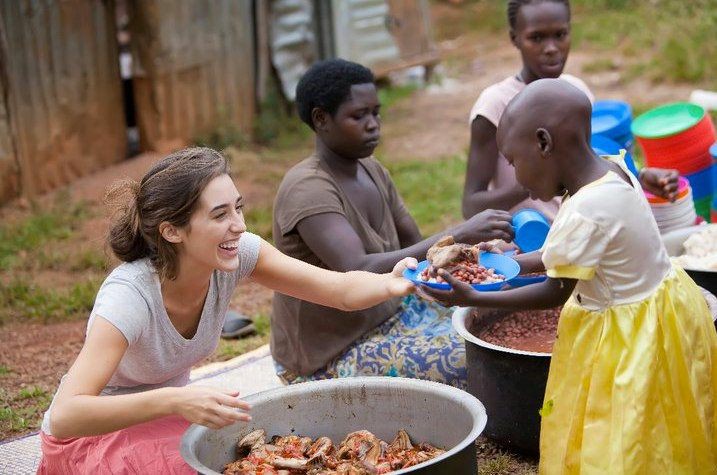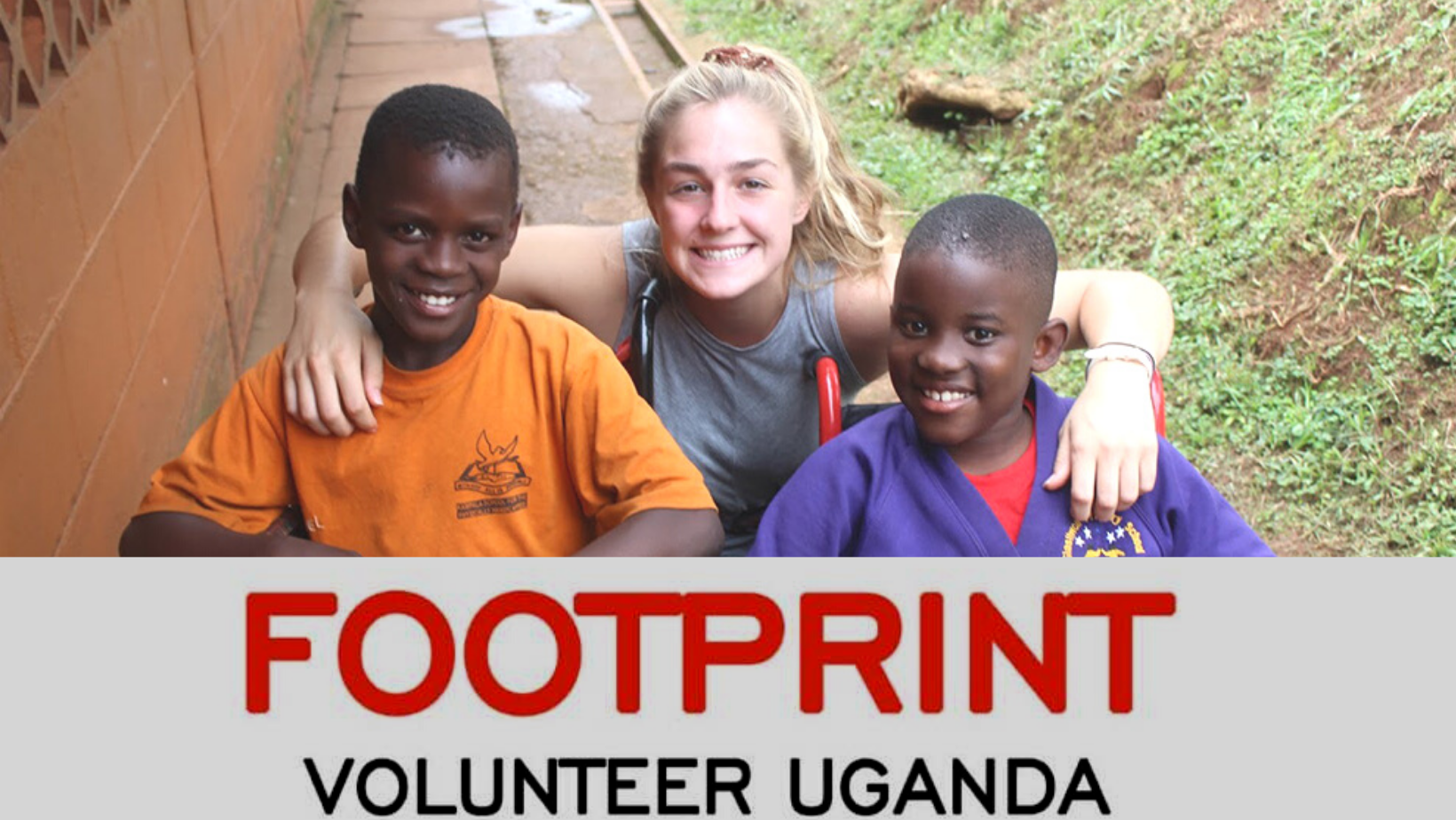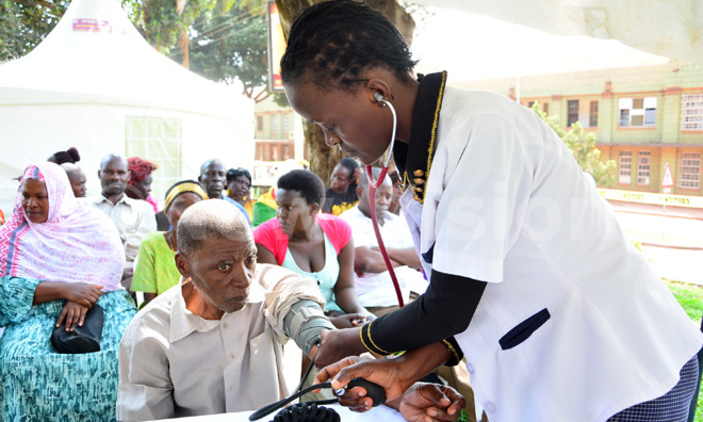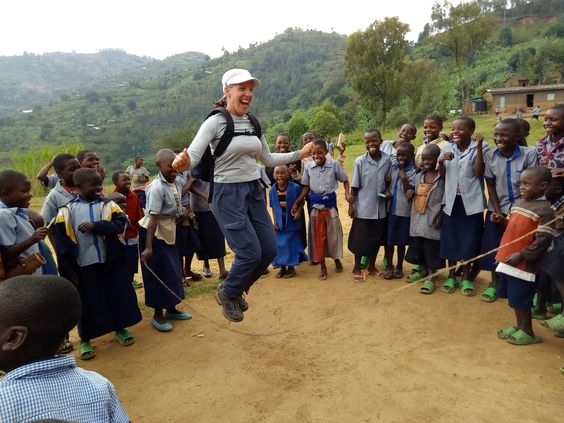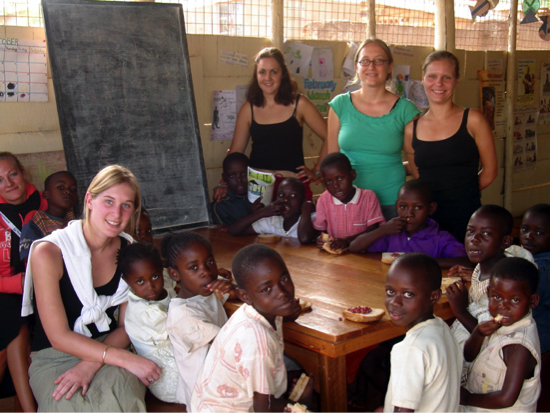The World Health Organisation defines malnutrition as “deficiencies, excesses, or imbalances in a person’s intake of energy and/or nutrients”.
The National Health Services of the United Kingdom refers to malnutrition as “poor nutrition”.
There is something in common here, based on those two definitions and that is food.
The food in question is available but it is not exactly the kind of food the body needs and requires to grow as it should grow.
Food is a very vital part of life for children and living life and it shall guide our discussion here.
The World Food Programme puts it so well;
“To get to Zero Hunger, food is not enough. Providing food assistance in an emergency can save lives, but the right nutrition at the right time can also help change lives and break the cycle of poverty”.
According to the Global Nutrition Report, Uganda is ‘on course’ to meet two of the global nutrition targets for which there was sufficient data to assess progress!
Take, for example, one group of malnutrition (under-nutrition). It includes wasting (having a low weight for one’s height), stunting (having a low height for one’s age), and being underweight (having a low weight for one’s age) as well as having deficiencies in vitamins and minerals.
Undernutrition makes children in particular much more vulnerable to disease and death!
According to the World Health Organisation fact-sheet on malnutrition, wasting usually indicates recent and severe weight loss, because a person has not had enough food to eat and/or they have had an infectious disease, such as diarrhea, which has caused them to lose weight. A young child that is moderately or severely wasted has an increased risk of death, but treatment is possible.
When it comes to stunting, we are generally dealing with a result of chronic or recurrent undernutrition. Usually associated with poor socioeconomic conditions, poor maternal health and nutrition, frequent illness, and/or inappropriate infant and young child feeding and care in early life. Stunting holds children back from reaching their physical and cognitive potential.
For a child to be underweight, they may be stunted, wasted, or both.
In the same spirit of having children under the condition of under-nutrition, there exists over-nutrition!
Overnutrition is the situation where a child has more nutrients in their body than they need to have.
Signs and symptoms of malnutrition.
The most common signs and symptoms of malnutrition in children include feeling tired all the time, feeling weak, getting sick often. And taking quite long to recover, a general lack of interest in eating and drinking. Having a low body weight, not growing or not putting on weight at the expected rate among others.
Many doctors advise that the best course of action to take once you realize a child is malnourished is to start them on a diet high in proteins and calories.
Food that is high in proteins includes poultry, lean meat like beef and pork, fish, eggs. Dairy products like yogurt and milk among others.
Food that is high in calories includes beans, whole milk, cheese, eggs, oily fish, potatoes, brown rice. And whole-grain bread among others.
If you can, it is recommended that you give out a snack in between meals to the child that is malnourished.
And begin them on a diet of drinks that are high on calories like orange juice, apple juice among others.
Adding plenty of fruits and vegetables to the diet of the children helps a lot, too!
Feeding them a balanced and healthy diet, as much as possible hence prevention of malnutrition.
However, this can also begin with the entire journey of the expectant mother. As they are provided this same balanced and healthy diet. In the hope that their children are born healthy and have a lower risk of being stunted, developing poorly, or dying.
Breastfeeding mothers need to eat a plentiful diet to store the energy and nutrients they require to breastfeed successfully. (UNICEF, 2018)
Ps. Since we are talking about malnutrition in children, it is strongly advised medical personnel are consulted to establish what is causing this condition in a child before any action can be taken.
Volunteering in Uganda is the only place you can choose to volunteer to reach out to those who are suffering from malnutrition. Through our community outreach and healthcare plus the orphanage programs, you will be able to extend services and help to these people.
At Love Uganda Foundation orphanage you will get to care for the orphans both external and internal. We care a lot about what type of food our children take. Although they are orphans they deserve to have a balanced and healthy diet. With the help of our partners Tuyambe.org, and Love Uganda Safaris. Through charities and donations that you give to us with we can ensure that they get to eat a balanced diet.


 As I summarize, Gender-Based Violence must be addressed as soon as yesterday. . Reporting the cases of violence to the concerned people: like police concerned NGOs and other organizations. Volunteering in Uganda with its partners Tuyambe.Org and
As I summarize, Gender-Based Violence must be addressed as soon as yesterday. . Reporting the cases of violence to the concerned people: like police concerned NGOs and other organizations. Volunteering in Uganda with its partners Tuyambe.Org and



